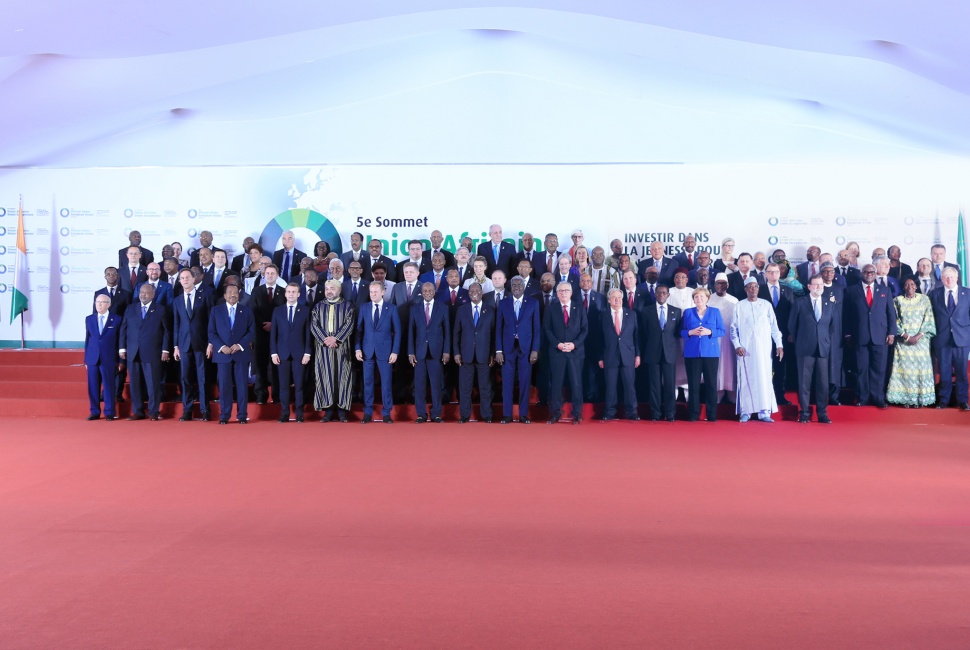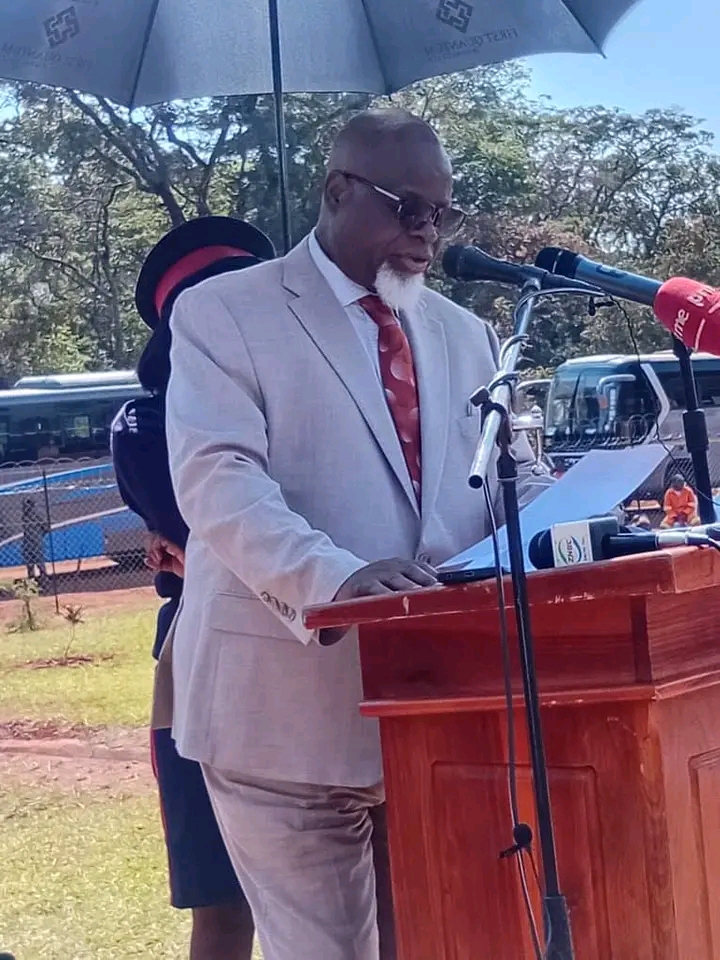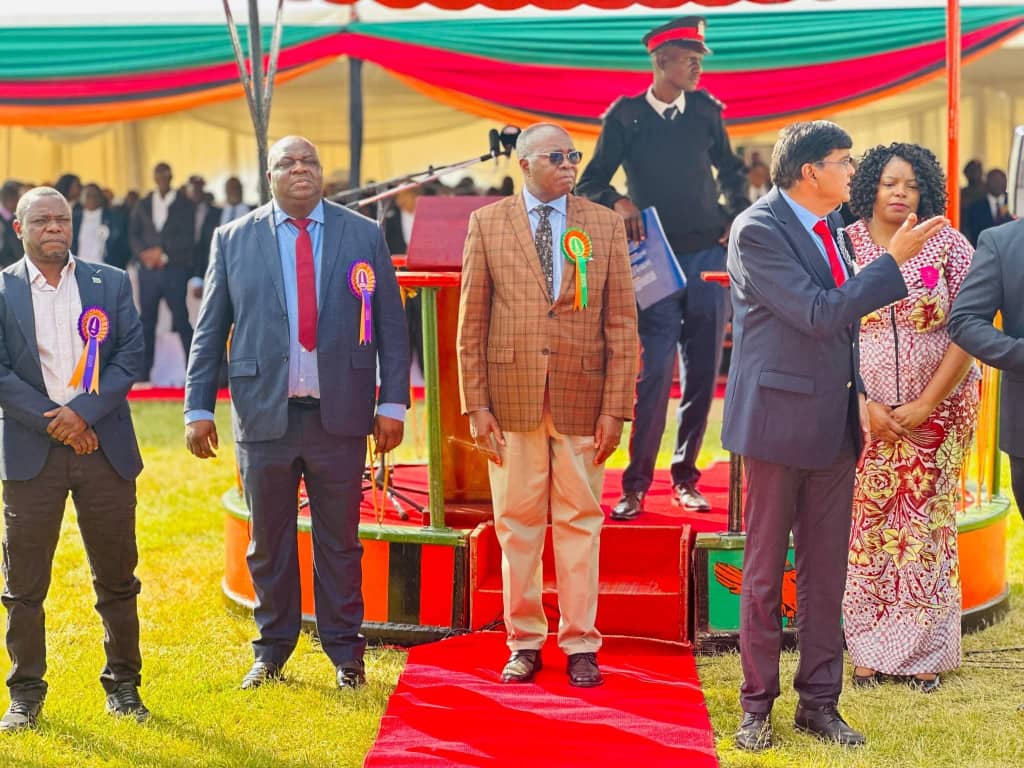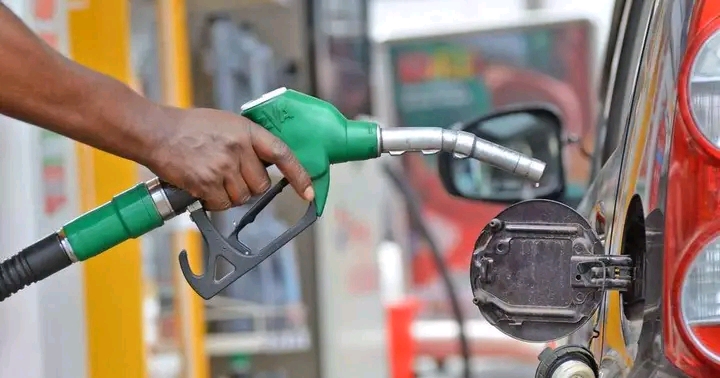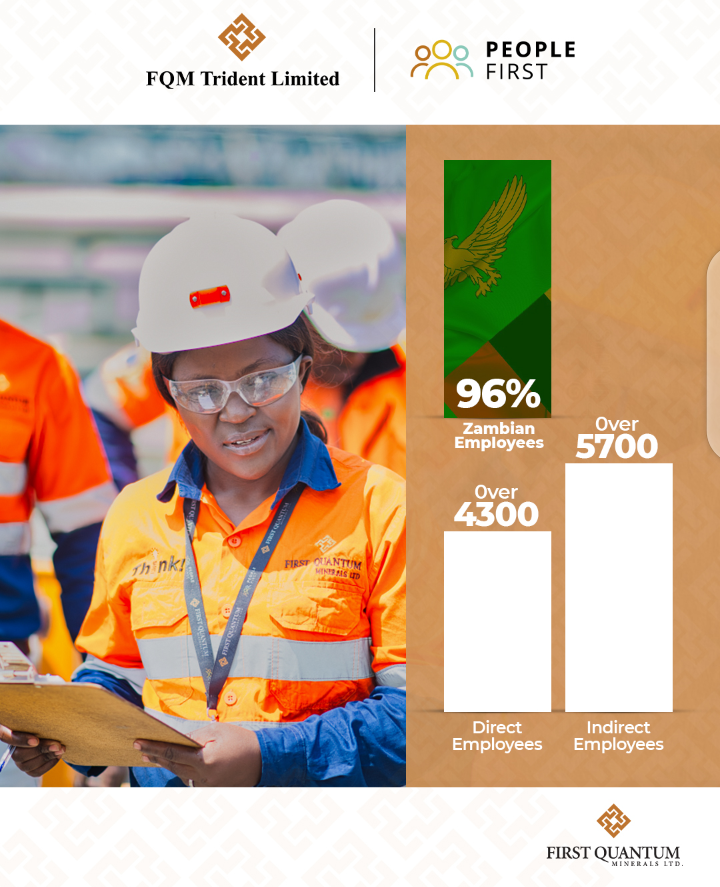President Macron wants to reshape relations between Europe and Africa, but can the February AU-EU summit go beyond mere declarations of intent?
The sixth summit of European Union (EU) and African Union (AU) heads of state and government aims to “completely overhaul” the EU-Africa relationship, according to its host, President Emmanuel Macron of France.
Speaking at a press conference in December, he held out the prospect of “reforging an economic and financial New Deal with Africa”, saying that Europe wanted to “establish a genuine system of peace and prosperity to build investments in African economies and build [a] shared future” at the summit, which takes place in Paris on 17-18 February.
But some commentators are less sanguine. The summit risks producing nothing more than “grand declarations of intent” that have little substance, says Carlos Lopes, honorary professor at the Nelson Mandela School of Governance at the University of Cape Town.
“The announcements will make an impact but there won’t be any concrete changes that augur a profound change in the relationship,” he told French newspaper Le Monde in January.
Two decades of strategic partnership between Africa and Europe
Africa-EU summits have been taking place since the former Organisation of African Unity met the EU in Cairo in 2001, adopting the Cairo Declaration that recast the strategic partnership between Africa and Europe in a spirit of equality, respect, alliance and cooperation.
It also set up the Africa-EU Partnership, a formal political channel through which the two continents work together.
The second summit, in Lisbon in 2007, saw the adoption of the Joint Africa-EU Strategy (JAES), which confirmed the basic objectives of the partnership and mapped out a political vision for future cooperation.
According to the AU, the summit plays an important role in moving “beyond a donor/recipient relationship towards long-term cooperation” on joint interests.
The summit usually takes place every three years, alternating between Africa and Europe, to take stock of progress in implementing commitments and to provide political guidance on further work.
The fifth summit met under the theme “Investing in youth for a sustainable future” in 2017 in Abidjan, Côte d’Ivoire. Due to the Covid-19 pandemic, the sixth summit, scheduled for November 2020, has been postponed until now.
Macron sets mood music
French President Emmanuel Macron describes his agenda for Africa during a speech about the aims of France’s presidency of the EU delivered on 9 December 2021.
In December, as he laid out his programme for France’s six-month presidency of the EU, which began on 1 January, President Macron made it plain that relations with Africa would play an important role.
“Since the beginning of my term of office [as president of France], I have made the relationship with Africa a priority, and I deeply believe that the relationship between our two continents which border both sides of the Mediterranean is a major political and geopolitical project for decades ahead,” he said at a press conference in Paris.
“The aim of [the EU-AU] summit is to completely overhaul the relationship because it has become – we must admit – through its instruments, bureaucratised and rather tired.”
The relationship, he said, should be based on the following themes:
- Reforging an economic and financial New Deal with Africa: As Africa grapples with a €300bn annual deficit in coming years due to Covid-19 (leading to the reallocation of IMF special drawing rights to African countries), “Europe must champion a joint strategy with Africa in international fora to promote this solidarity, and overhaul these solidarity investment mechanisms with regard to Africa,” he said.
- Setting a health education and climate agenda that is equal to the challenges Africa faces: Europe will pursue initiatives on girls’ education, train teachers and develop education structures across Africa; pursue a health agenda with a much faster and stronger deployment of vaccine production in Africa; and support Africa’s energy and climate transition through initiatives such as the Great Green Wall.
- Security: In the face of growing security threats, especially in the Sahel, France hopes to “Europeanise” its existing defence commitments to Africa in order to build “a true Africa-Europe security partnership” to tackle terrorism.
- Migration: Addressing the question of “mobility” the president expressed the hope of creating an agenda that would combat people trafficking in the Mediterranean and fight the hardship that it exploits. He said that it would help to build a brighter future for African youth and permit “chosen migrations”, whether for academic, scientific or cultural purposes.
“We want to establish a genuine system of peace and prosperity to build investments in African economies and build this shared future,” he said, stating that the agenda had been developed in successive meetings with African colleagues over previous months and that preparations would continue until the time of the summit.
President Macky Sall of Senegal met with Macron on 20 December by telephone at the same time that the French president was hosting President Paul Kagame of Rwanda at the Elysée Palace in Paris. The discussion covered the question of Covid-19 vaccines for Africa, with the Elysée recognising the need to accelerate vaccine campaigns for every African country.
Macky Sall will represent the AU at the summit, after taking over as chair of the organisation at the AU summit early in February. The central planks of his one-year term are likely to be the relaunch of the African economy after Covid-19, obtaining vaccines for the continent, fairer pricing of natural resources and pressing for permanent seats for Africa on the UN Security Council.
Issues that are likely to be contentious at the summit include the West’s response to Covid-19 and migration, with the pandemic putting ever more pressure on Africans to migrate.
President Macky Sall of Senegal with President Macron and his wife Brigitte Macron at a dinner at the Elysée Palace in Paris in November 2021.
Summit must go beyond ‘grand declarations of intent’
The AU and African states will come to the Brussels summit with their own set of priorities, the head of France’s international development agency, Rémy Rioux, told our sister publication New African in a recent interview.
“I believe that a new kind of alliance will emerge, based on a different narrative and with financial resources commensurate with the crisis that has hit us, by also mobilising the private sector in Africa,” he said.
Speaking to French daily Le Monde in January, leading African development economist Carlos Lopes expressed fears that the summit would produce nothing but “grand declarations of intent” by the European Commission, President Macron and even President Macky Sall.
“Look at what happened during the pandemic: by way of aid, the European Commission simply reprogrammed funds that were already earmarked for the continent. They didn’t add a penny. And the EU did not [originally] want to encourage the lifting of patents [on vaccines] that Africans were asking for,” said Lopes.
“Europe needs to understand the direction Africa is going in with the setting up of the AfCFTA [African Continental Free Trade Area],” he told the newspaper.
When the interviewer pointed out that the EU had given great financial support for setting up the AfCFTA, Lopes responded by saying that Europe has 13 types of trade arrangements with Africa, each of which it defends firmly.
“Even if money is flowing in to finance the AfCFTA, we Africans must be more united to defend our own interests,” he declared.
Credit: African Business Magazine




